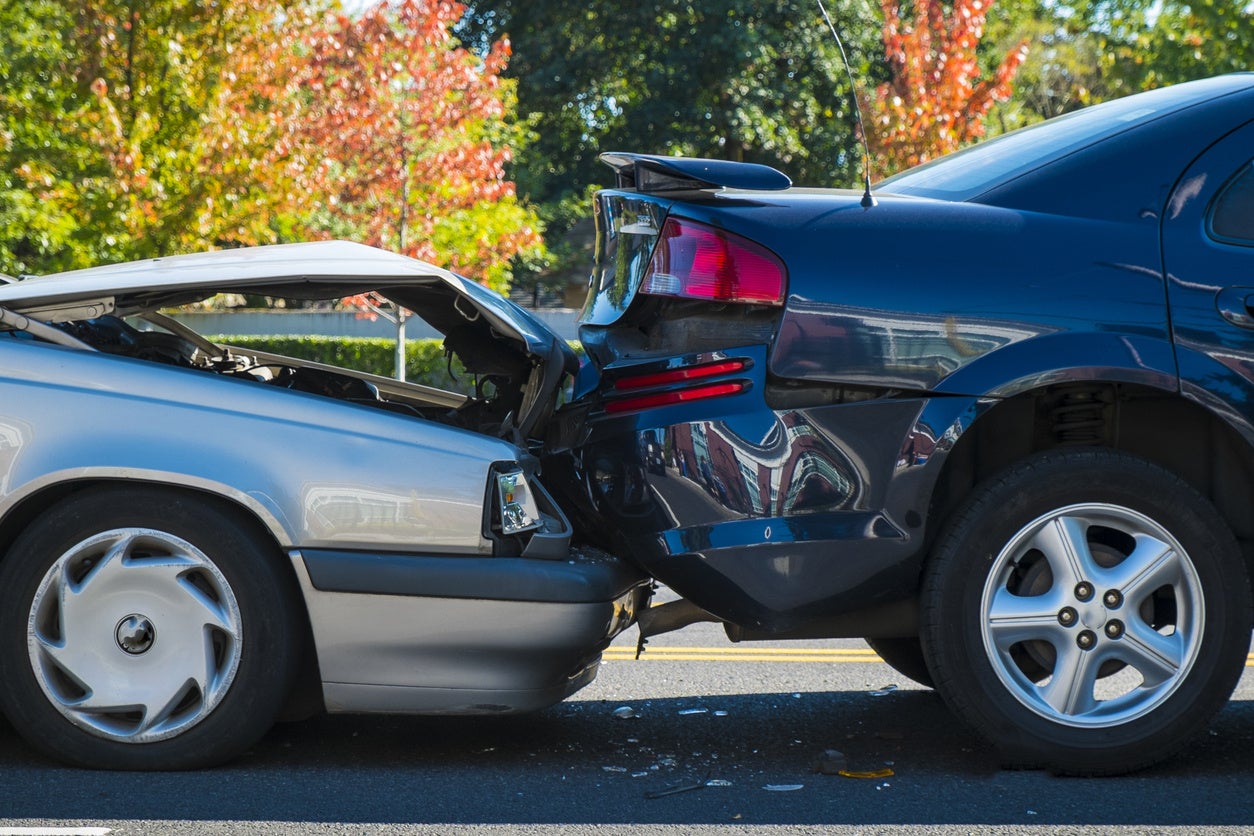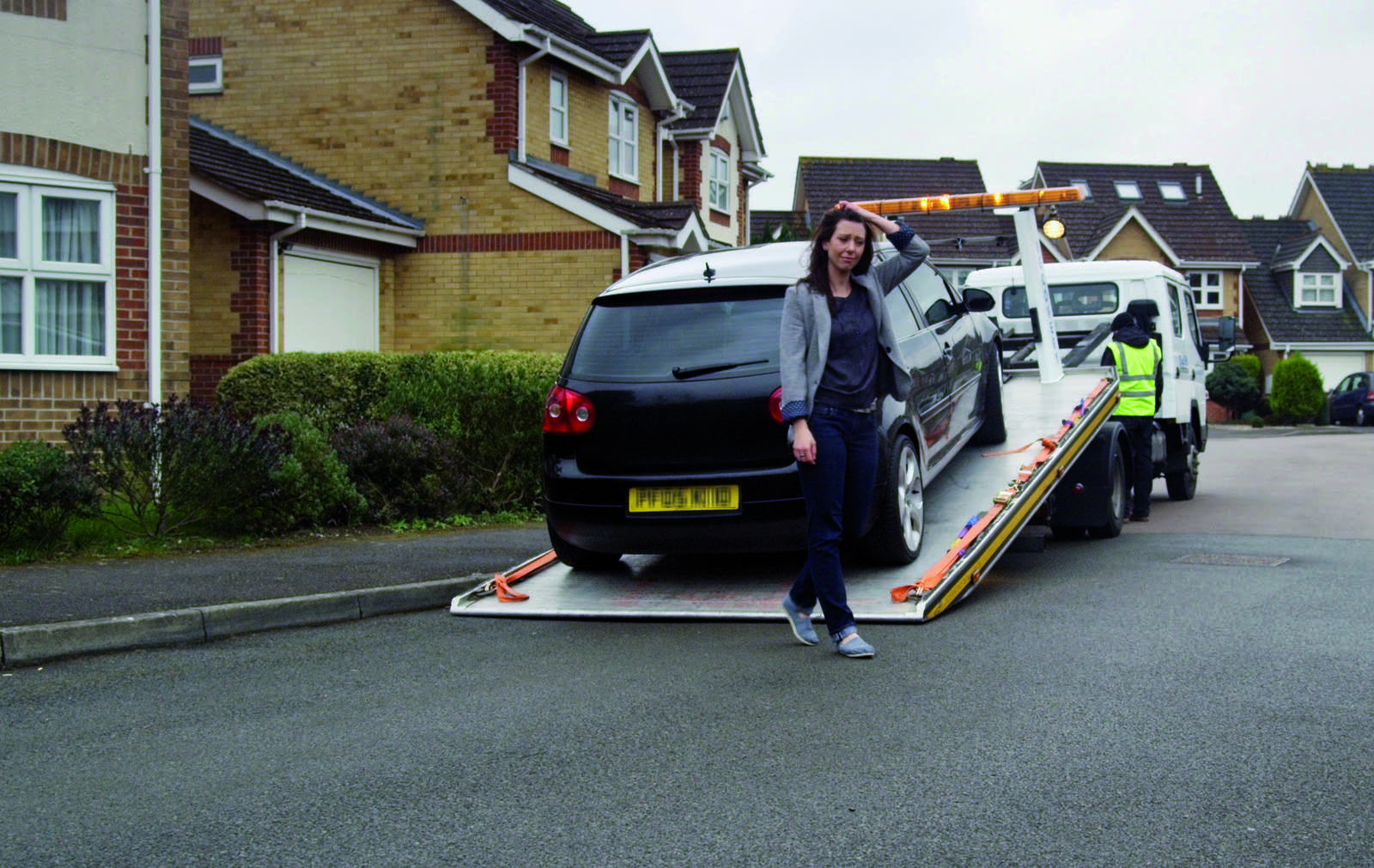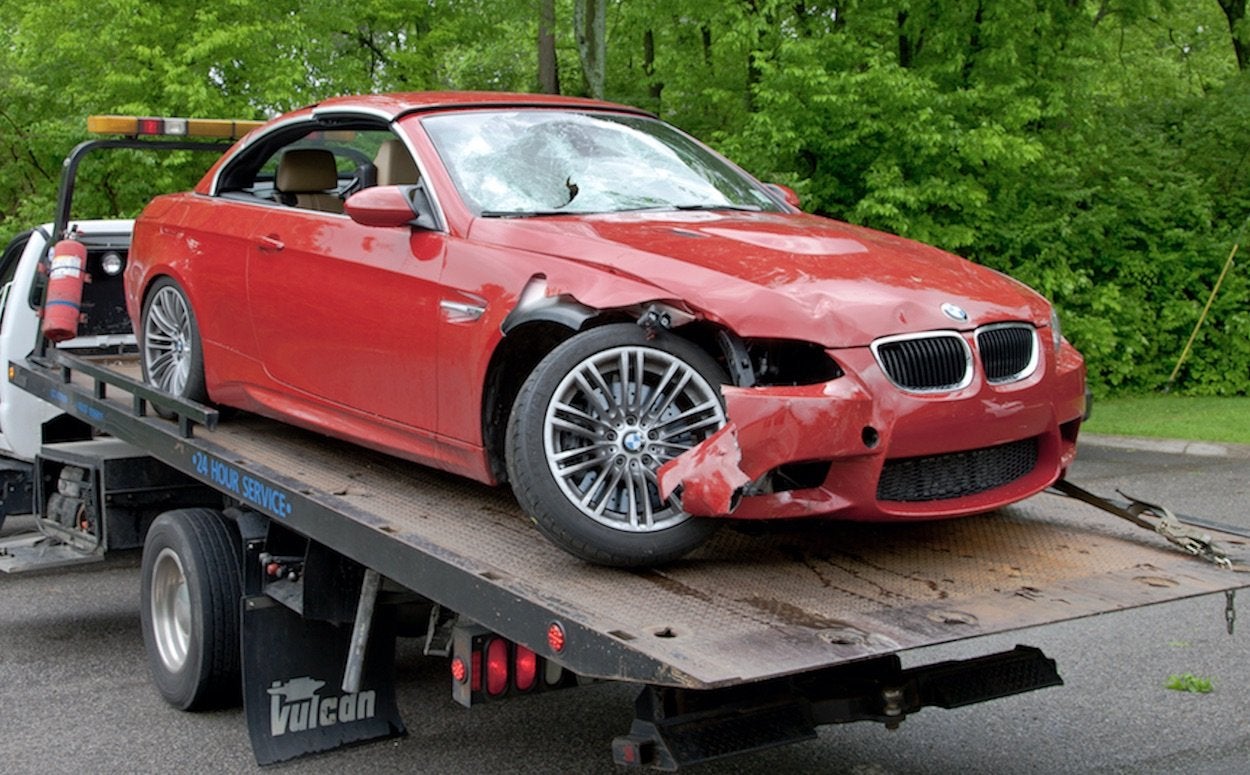If your car is involved in an accident, your car insurance company will either decide to pay a body shop to repair the damage, or classify the car as a total loss or ‘write-off’.
In the latter instance, you will be offered a cash payout, while the car itself will be kept by the insurance company, either to be scrapped or sold depending on the severity of the damage. A car will also be classed as a write-off if it is stolen and not recovered. Write-offs are divided into categories, depending on the severity of damage to the car and whether or not it can be legally repaired and returned to the road.
What is a Car Insurance Write-Off?
- Categories of Insurance Write-offs
- Cat A Write offs
- Cat B Write offs
- Cat N Write offs
- Cat S Write offs
- What Is a Write-off?
- The Settlement
- Returning a Write-off to the Road
- How to Check if a Car is a Write-off
- Selling an Insurance Write-off
- Should I buy an Insurance Write-off?

Categories of Insurance Write-offs
There are four car insurance write-off categories used by The Association of British Insurers, which are often known as 'cats' for short.
Cat A Write-offs
Cat A write-offs are the most serious, in which the car, its body shell and all its parts need to be crushed and never re-appear on roads.
Cat B Write-offs
Cat B cars are when the car itself is not repairable and must be crushed. Unlike a Category A car, however, it may have some salvageable parts, and its residual scrap metal can also be reused.
Neither Category A nor Category B write-offs can be legally repaired and returned to the road.
Cat N Write-offs
Cat N cars have been deemed too costly to repair by the insurance provider, but they have a lower level of damage. It might be cosmetic, non-structural damage, or they are not damaged at all. Category N cars can include vehicles that have been stolen and recovered, or vandalised.
Cat S Write-offs
Category S cars have so much structural damage that they would cost more to repair than their value. However, Cat S cars are not so badly damaged that they can't be repaired and returned to the road.
Categories S and N were introduced in October 2017, when they replaced the old Category C and Category D, to which they are respectively broadly similar in scope.
What Exactly Is a Write-off?
A car will be classified as an insurance write-off if it cannot be repaired to a roadworthy standard, or if its repair costs will be more than the value of the car, and therefore not economically viable.
To calculate repair costs, insurance companies employ assessors who weigh up the likely cost of repair work versus the future market value of your car after those repairs have been carried out. An insurance firm will then use a repair-to-value ratio to determine if a damaged car is worth putting back on the road. This number is often set at around 50% but can vary depending on the type of car.
As an example, if the value of the vehicle is £2,000 once any damage has been repaired and the insurer uses a repair-to-value ratio of 50%, any repairs exceeding £1,000 would dictate the car was an economic write-off. Bear in mind this figure includes an insurance company’s administration costs as well as potentially the price of a courtesy car, and it is easy to see how what might appear to be only relatively minor damage can result in a car being written off.
The Settlement
If you have a written-off car, you will be offered a cash settlement by your insurer. This should reflect the car’s value before the damage occurred.
The amount offered won’t necessarily be fixed, so if you are not satisfied it will allow you to buy a similar car, you are entitled to say so. An insurer cannot proceed with a settlement until both parties agree, so if there’s something about your car that made it stand out from others on sale, such as an extensive service history, particularly low mileage, or even a new set of tyres, make sure that is factored into the amount being offered.
In the event you reach deadlock with your insurance company on the value of the settlement, contact the Financial Ombudsman Service, which will help to find a resolution.
Returning a Write-off to the Road
Once a settlement has been made, the insurance company will want to dispose of your car. If it is a Cat S or Cat N write-off and you wish to buy it back to repair, it is important to notify your insurer as soon as possible. We’d also recommend organising an independent inspection to assess repair costs.
Otherwise, your insurer will sell the car at auction, after which it will most likely be repaired by a body shop and re-registered for the road. To do this the DVLA (the Driver and Vehicle Licensing Agency, which records driver and vehicle details in the UK) must be notified so it can re-issue a V5C registration certificate or logbook.
How to Check if a Car Is a Write-off
If a car has been written-off, it will be recorded as such by the DVLA. This information, along with details of any outstanding finance, can be accessed for a small fee via a company specialising in car history checks.
Selling an Insurance Write-off
If you are selling a Category S or N insurance write-off, you must declare to any potential buyer that it was a written-off vehicle, even after it has been repaired and made roadworthy. Fail to do this and the new owner can sue you for damages.
Should I Buy an Insurance Write-off?
If you're after a used car, repaired Cat S or Cat N vehicles that have been deemed write-offs will look like a very good deal compared with equivalent models. But it's important to bear in mind that its value will remain low when the time comes to sell it, a process that could also take a long time due to its blemished record.
On the one hand, you could argue the cash savings associated with buying a repaired write-off (or indeed, one that was stolen and recovered, and therefore wasn't damaged in the first place) are worth the risk. Nevertheless, we would always recommend having such a car professionally inspected and investing in a vehicle history check before committing to purchase. If a car hasn’t been repaired to original standards, there is potential for its safety to be compromised.
Adding to the complication, some insurers will refuse to cover a car that has been recorded as a write-off. For these reasons buyers are advised to exercise caution when considering a car listed as a Cat S or Cat N write-off.



